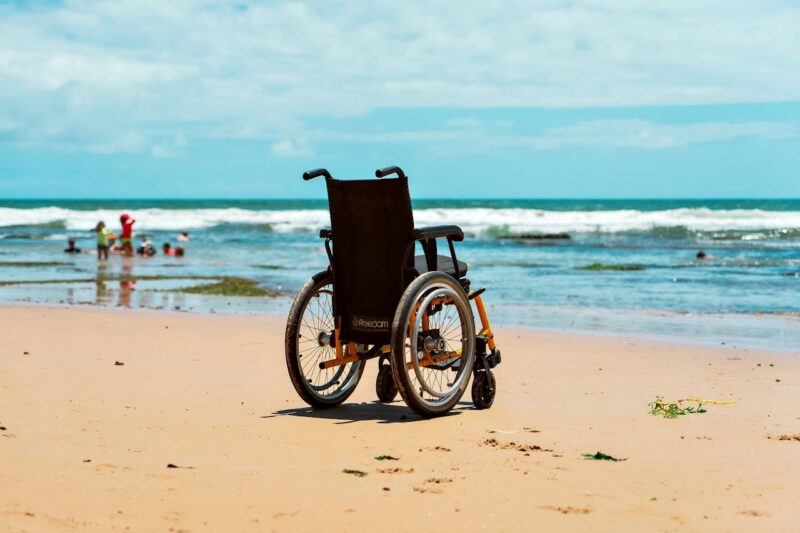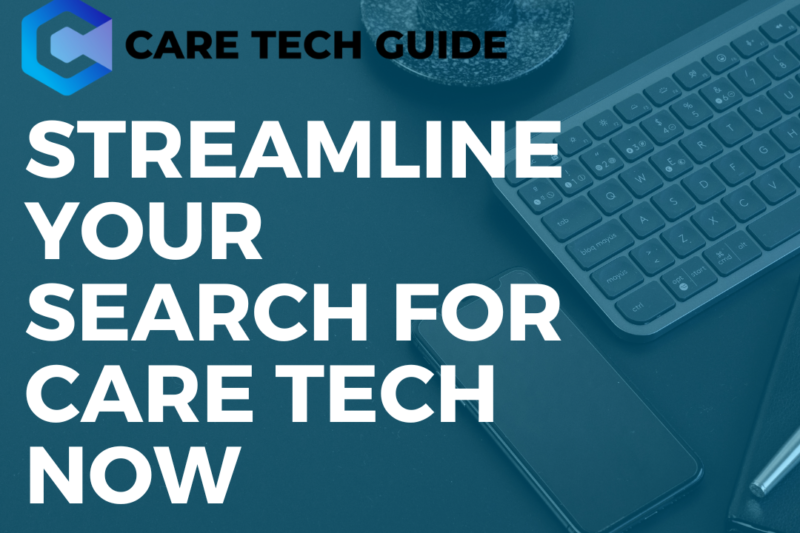In the ever-evolving landscape of health and social care, efficiency is incredibly important. Every minute saved in administrative tasks means more time for resident care, ultimately improving outcomes and enhancing the quality of life for individuals. One area where efficiency can make a significant difference is medication administration. We know this process is prone to human errors. However, with the use of Electronic Medication Administration Records (eMAR), care homes are experiencing a transformative shift in how medications are managed and administered.
eMAR systems streamline the medication administration process by digitising and centralising medication records. This also helps with the care homes environmental and data security compliance by eliminating the need for paper-based documentation. Using eMAR not only reduces the risk of errors associated with manual record-keeping, but also provides care workers and managers real-time access to accurate medication data. With just a few clicks, you can verify medication orders, record administrations, and access vital patient information, all within a secure digital platform.
One of the primary benefits of eMAR is its ability to improve medication safety. By integrating with electronic health records (HER) systems and pharmacy databases, eMAR systems help identify potential drug interactions, allergies, and dosage errors, thereby reducing the risk of adverse drug events. Additionally, built-in alerts and reminders notify care providers of upcoming medication administrations, ensuring timely doses and preventing missed doses or double administrations.
Efficiency gains with eMAR extend beyond medication safety to operational efficiency. With streamlined documentation processes, you spend less time on paperwork and more time on direct resident care. Automated stock control and medication reconciliation further reduce administrative burdens, allowing care workers to focus on delivering high-quality care.
eMAR systems also offer valuable insights into medication administration practices and trends. You can easily analyse data collected within the system and identify areas for improvement. This data-driven approach empowers you to make informed decisions, leading to better outcomes and cost savings.
While the adoption of eMAR represents a significant leap forward in medication administration practices, successful implementation requires careful planning, training, and ongoing support. You must invest in a robust eMAR solution tailored to your unique needs, provide comprehensive training to staff members, and continuously evaluate and optimise system usage to maximise efficiency and effectiveness. This is why it’s important to choose a provider that specialises in eMAR and has extensive knowledge of the pharmaceutical side of care delivery.
In conclusion, eMAR systems are clearly revolutionising medication administration in care homes by unlocking efficiency, enhancing medication safety, and improving operational workflows. If your care home is committed to resident safety and quality of care, the adoption of eMAR will play a crucial role in achieving these objectives, ultimately leading to better outcomes for residents and care providers alike.




